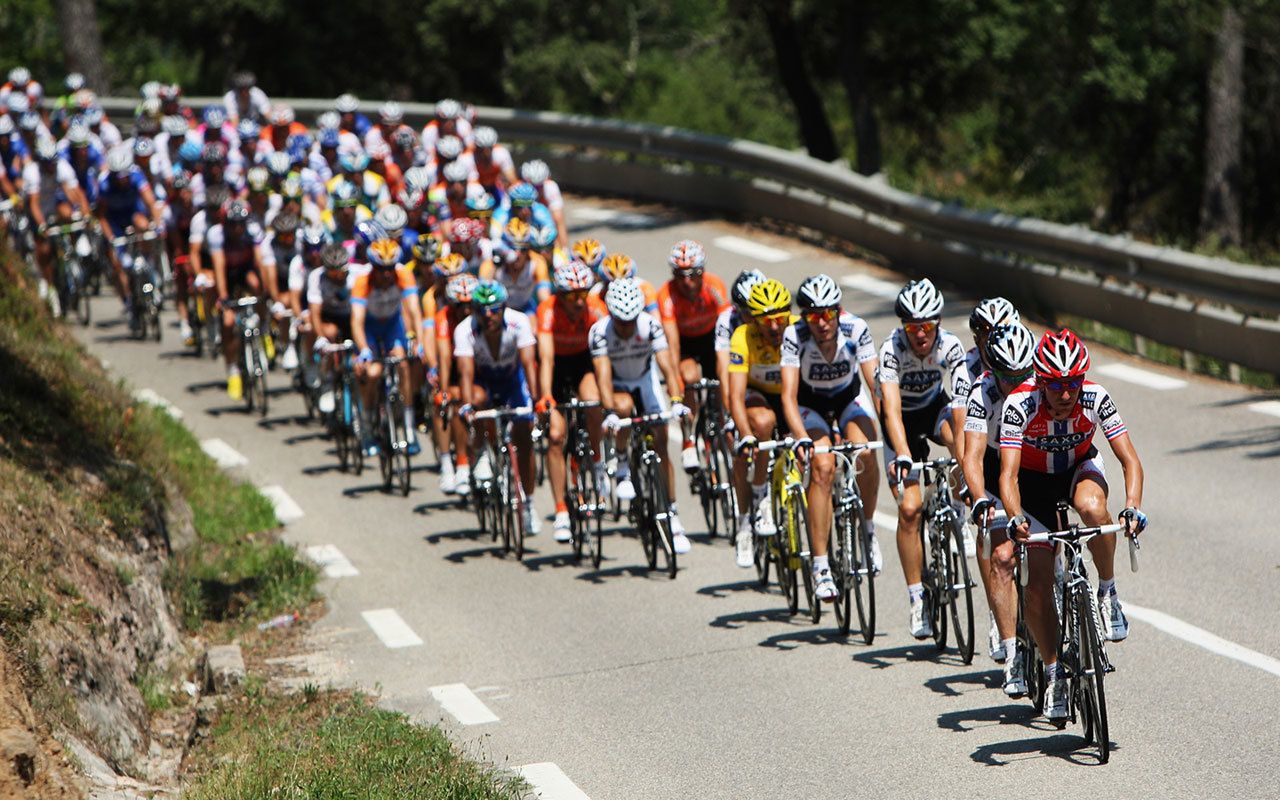Tour de France takes off
The 106th edition of the Tour de France begins in Brussels on Saturday, marking the 50th anniversary since the first win of the greatest cyclist of all time: Belgium’s Eddy Merckx. It also celebrates the 100th anniversary of the Yellow Jersey, with an individual jersey design issued for each day’s race leader. Quite who will be wearing the Maillot Jaune come the end of July is anyone’s guess. Predicting a winner has not been this difficult since 2012, although that Tour ended very satisfactorily from a British perspective.

Despite indifferent form and a familiar habit of not being able to stay on his bike, defending champion Geraint Thomas would seem to have the best shot – as any rider with the support of Team INEOS would. That said, he is ‘joint leader’ on the road with teammate Egan Bernal. Having two cards to play is a familiar INEOS tactic, and a sensible one given that the peloton has to negotiate 3,460km over 21 stages and the slightest touch of wheels can have catastrophic consequences. Bernal has made himself impossible to ignore. He won the Tour de Suisse after Thomas crashed out, was victorious at Paris-Nice earlier this season and will likely prove to be the strongest climber in the race. However, the 22-year-old Colombian will enjoy co-leader status only because teammate Chris Froome’s horrific crash at the Critérium du Dauphiné last month has ruled him out, with the four-time Tour winner sustaining a broken femur, hip, elbow, several ribs and a bone in his neck.
Froome is not the only big name who will not be present at the Grand Depart in Brussels on Saturday. Dutchman Tom Dumoulin, second at last year’s Tour, has failed to recover from a savage knee injury that wrecked his Giro d’Italia ambitions. That has led French sports title L’Equipe to proclaim this the best chance for home favourites Romain Bardet (AG2R) and Thibaut Pinot (Groupama-FDJ), running the headline: ‘This year or never’.
Adam Yates (Mitchelton-Scott) is also in with a shout for the General Classification and will have his Grand Tour winning twin brother riding in his service. Jakob Fuglsang won the Dauphiné comfortably, which can be as good an indicator as any, and his team Astana look particularly strong this year. Where a rider finished in the previous year’s edition can also be a good pointer, so don’t rule out Steven Kruijswijk (Jumbo–Visma) or Nairo Quintana (Movistar), who both finished in the top 10 in 2018.
Tour de France director Christian Prudhomme has called this “the highest Tour in history”, with three of the mountain-top finishes higher than 2,000m. Look out for the Col du Tourmalet among them on Stage 14. It’s the mountain that has been climbed the most in the history of the Tour: 82 times. There will be back-to-back Alpine stages to take in Col d’Izoard, the Col du Galibier, and the 2,770m-high Col d’Iseran – the highest paved road in Europe.

Good luck to the fast men who take that on and hang on for the final prestigious sprint stage on the Champs-Élysées. The sprints are most likely to be contested by Dylan Groenewegen (Jumbo–Visma), Caleb Ewan (Lotto-Soudal), Elia Viviani (Deceuninck–Quick-Step) and Michael Matthews (Sunweb). The latter will be Peter Sagan’s closest rival for the Green Jersey, although the Bora–Hansgrohe rider’s ability to pick up points on all but the most mountainous stages means he doesn’t have to be the fastest man outright to take the Points Classification.
A sad footnote: 30-time Tour stage winning Brit Mark Cavendish will not be taking part in the race for the first time since 2006. The Manx Missile says he is “absolutely heart-broken” at not being selected by Dimension Data, not least because it looks like he will remain forever short of Merckx’s all-time record of 34 stage wins.




